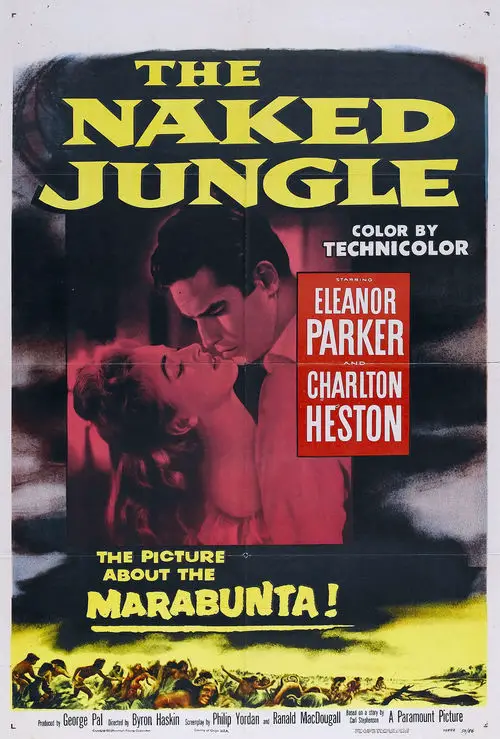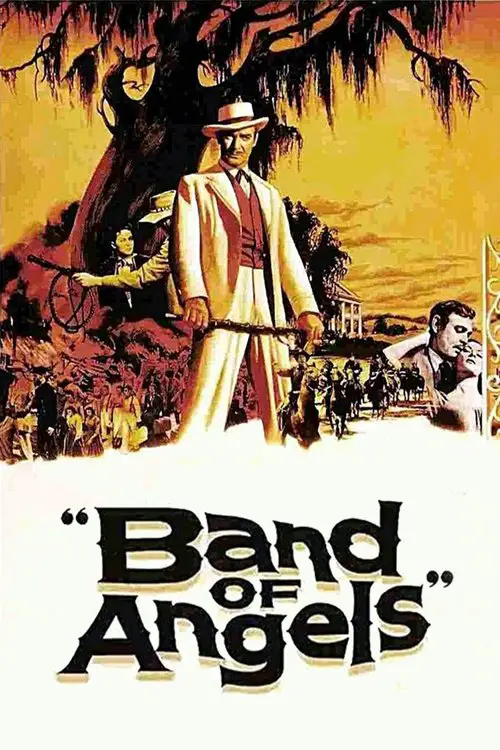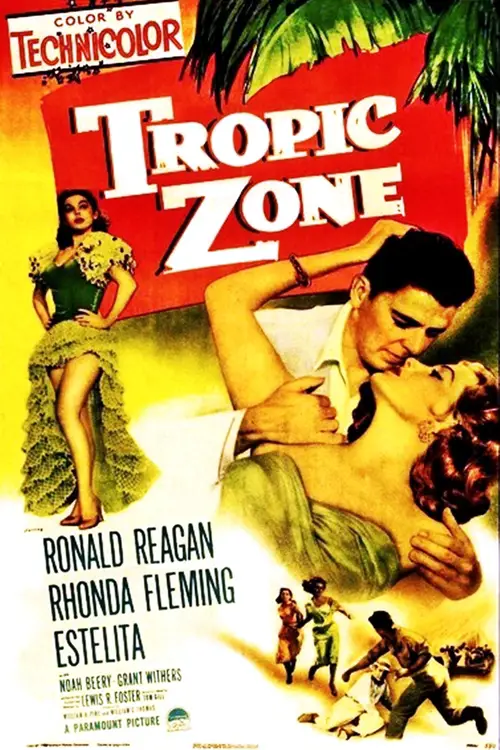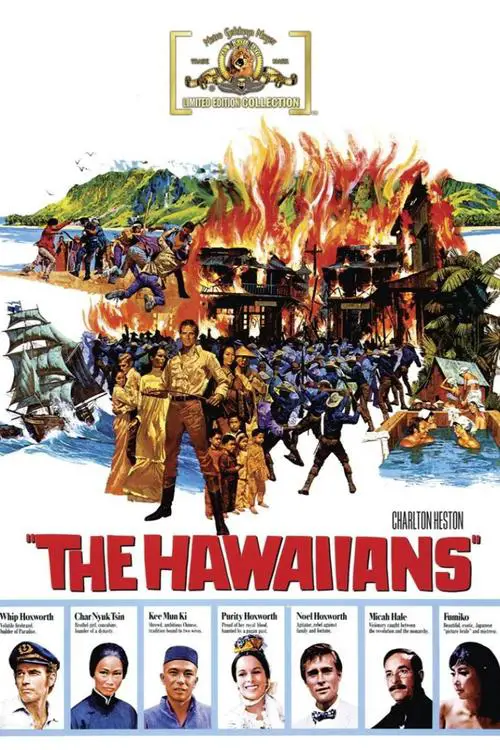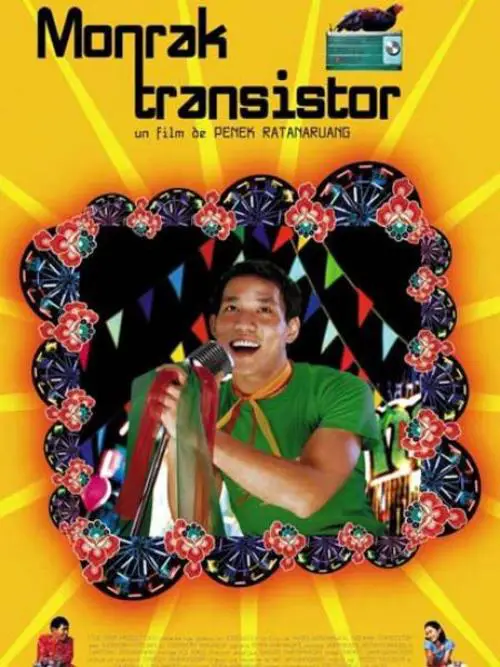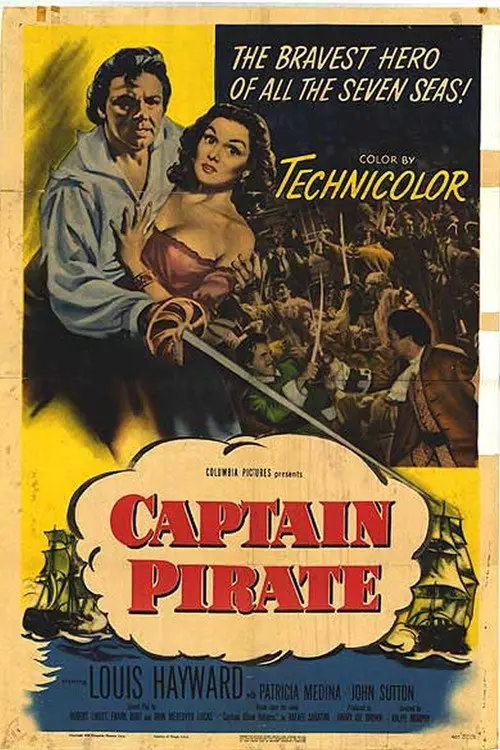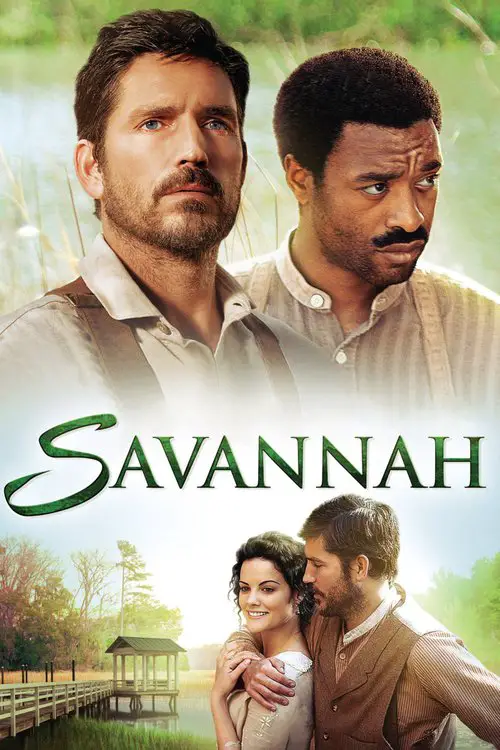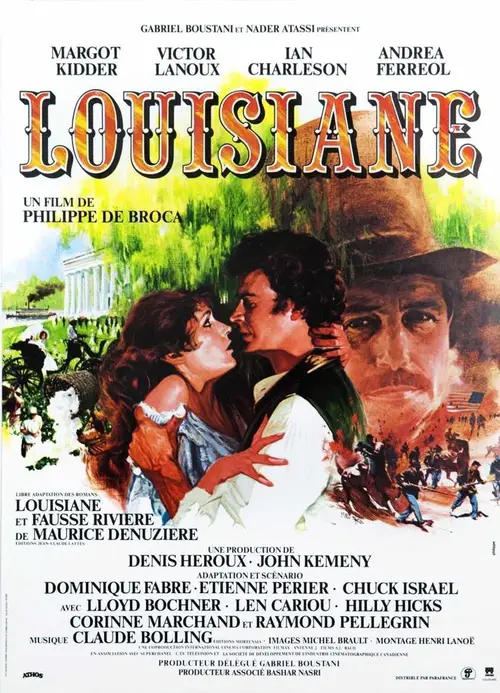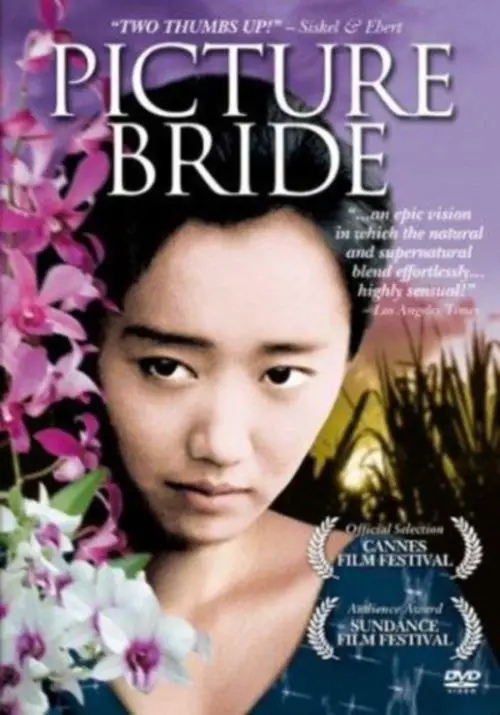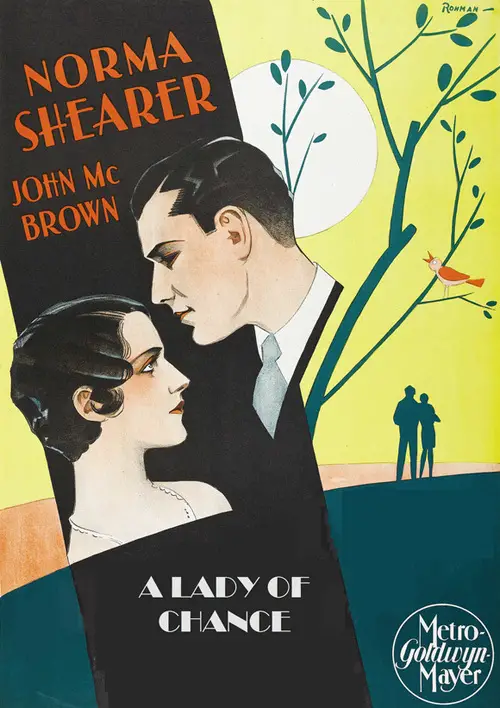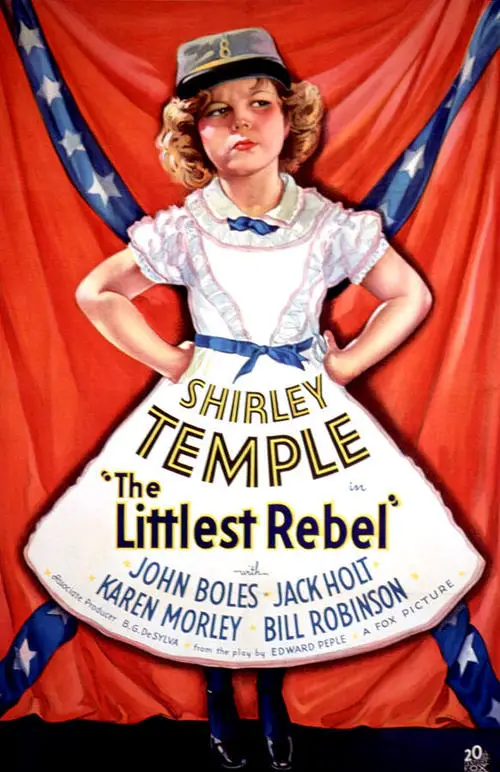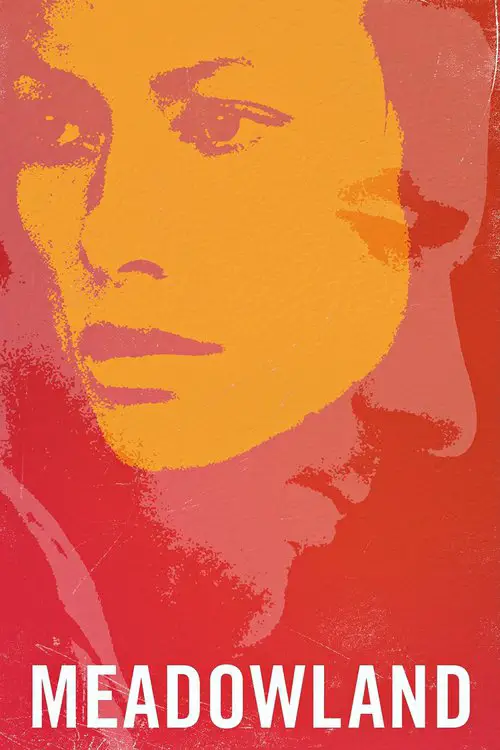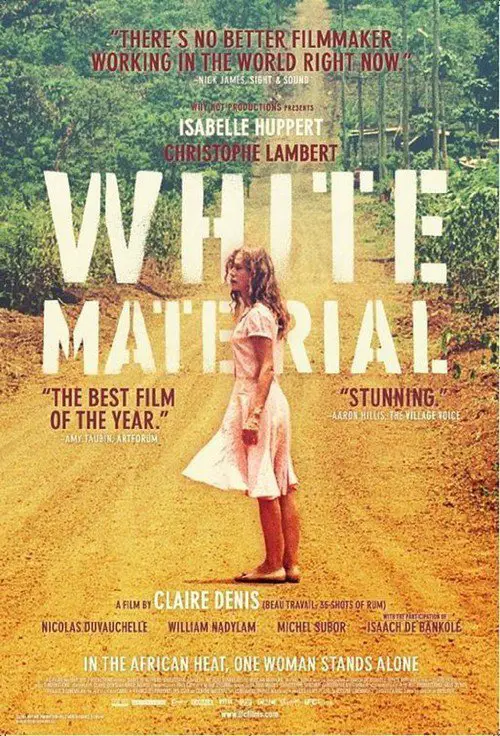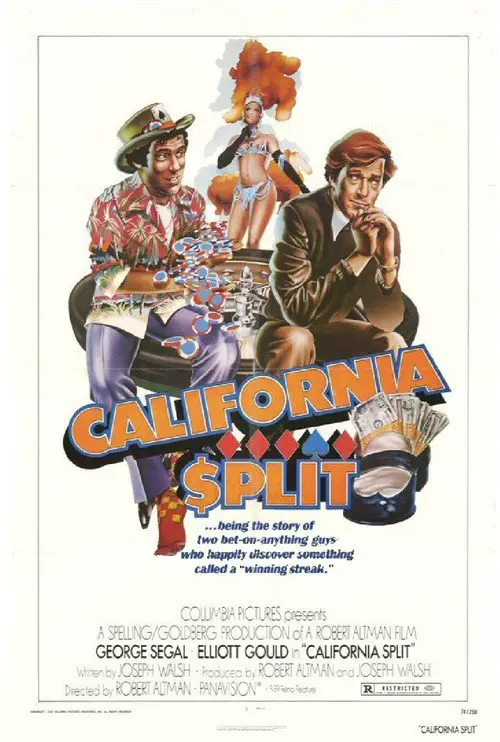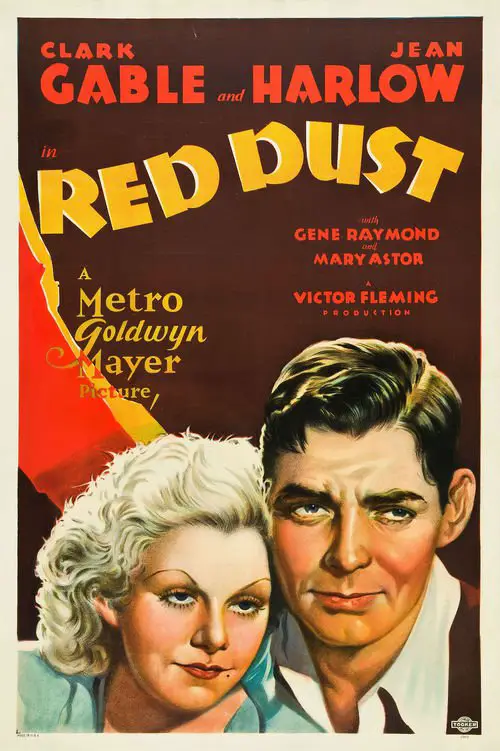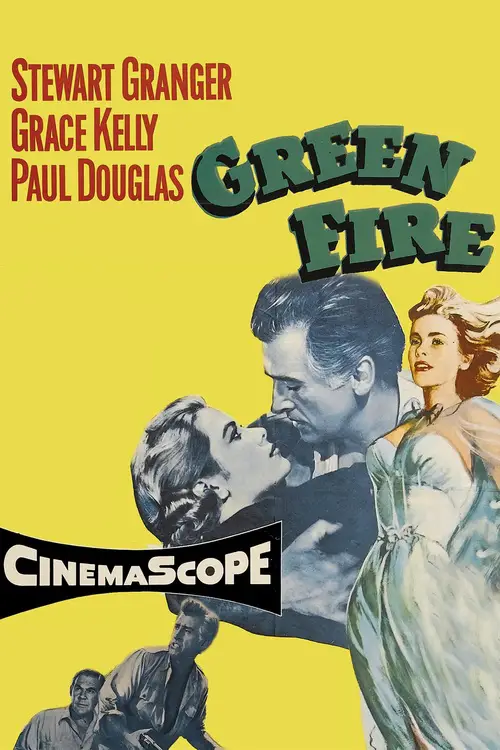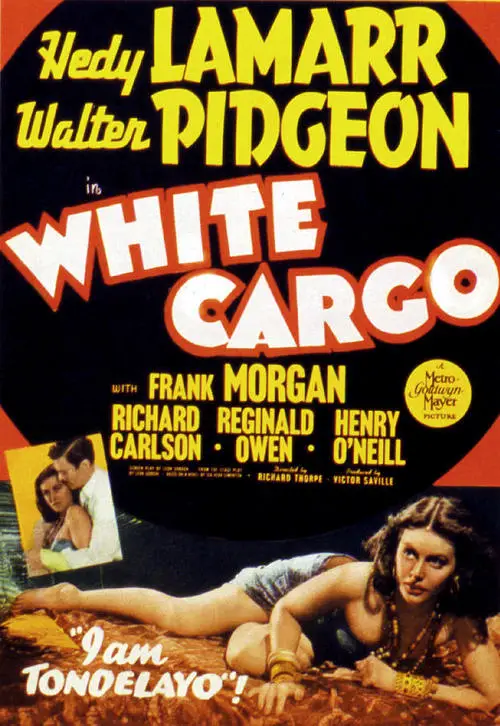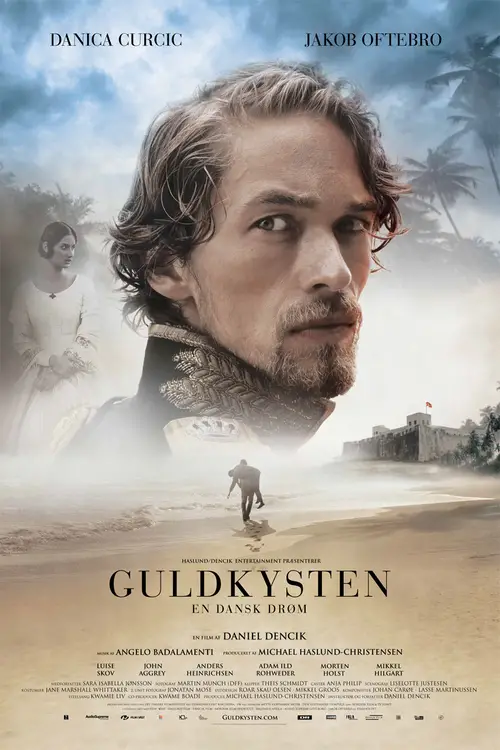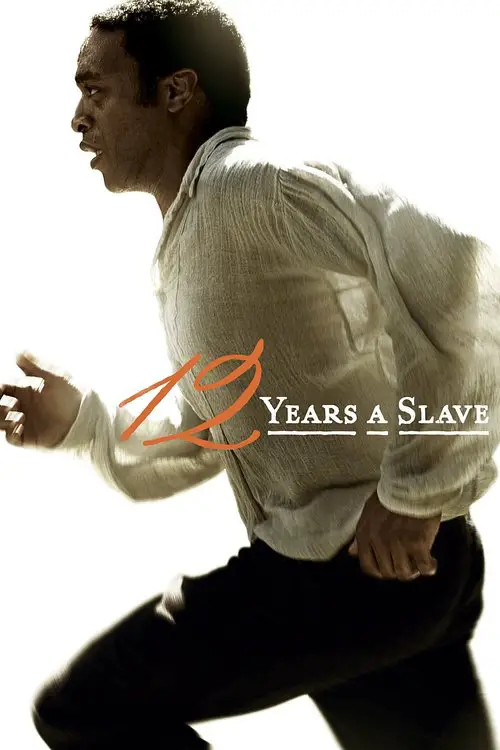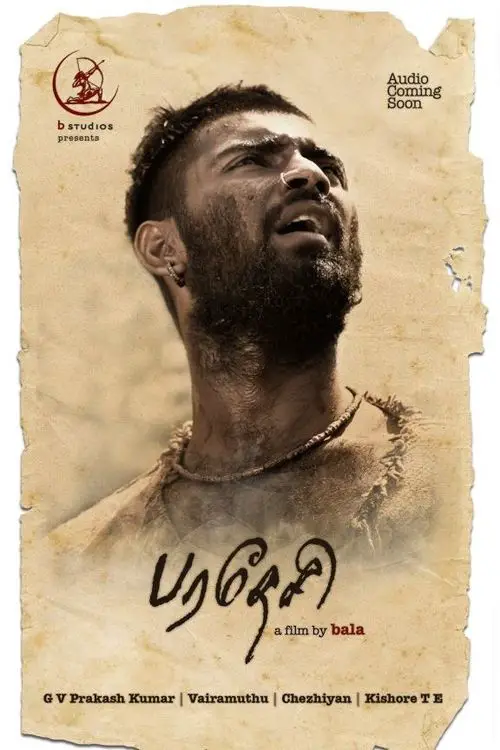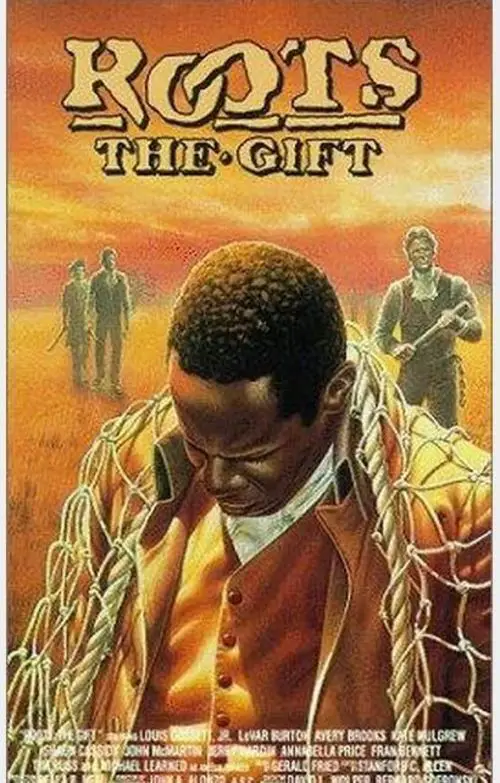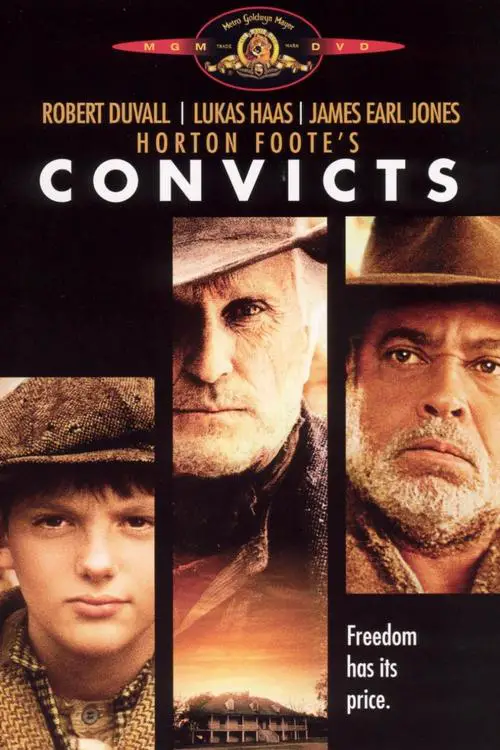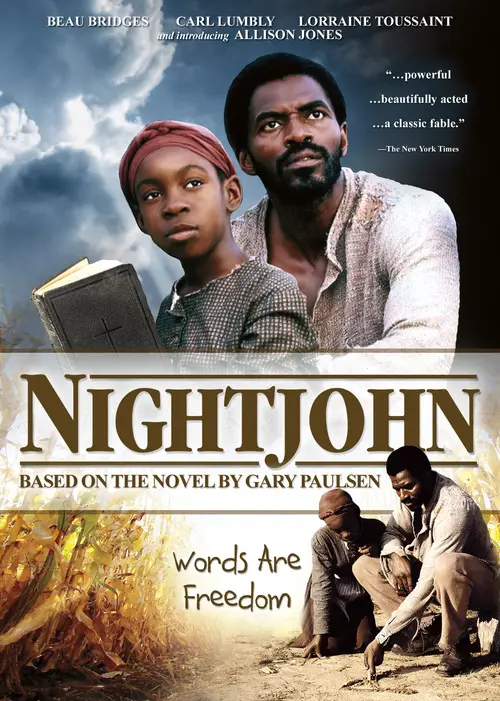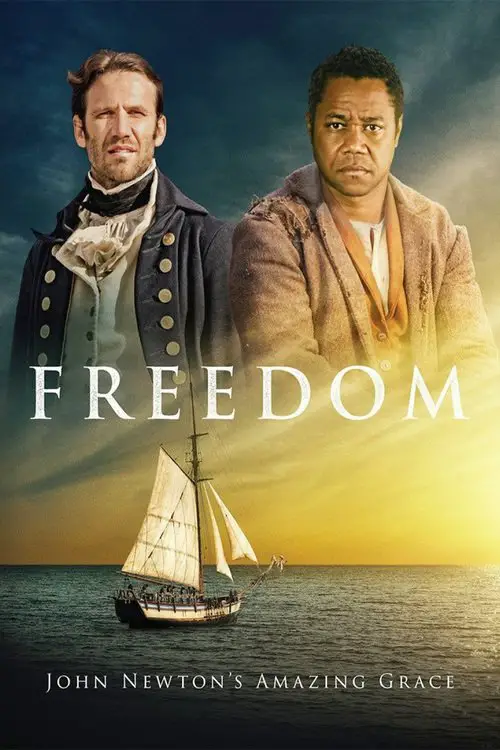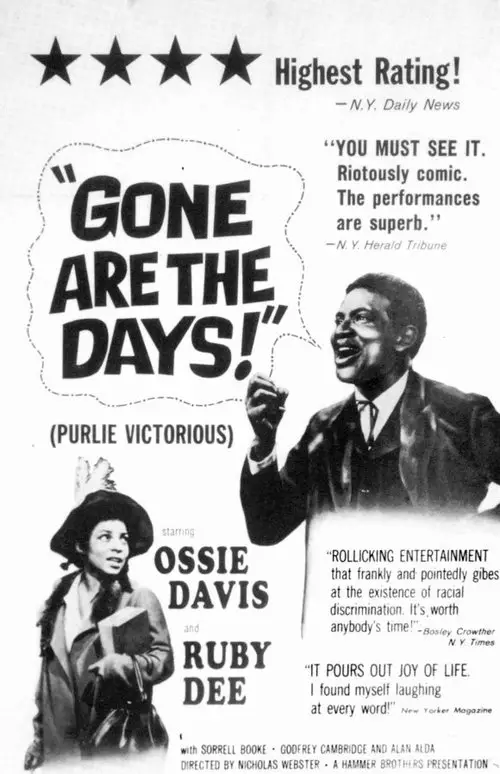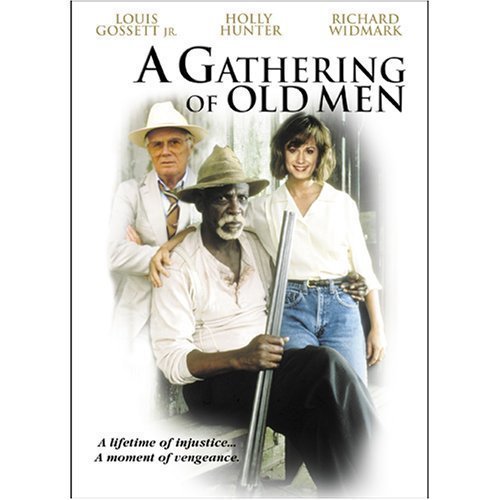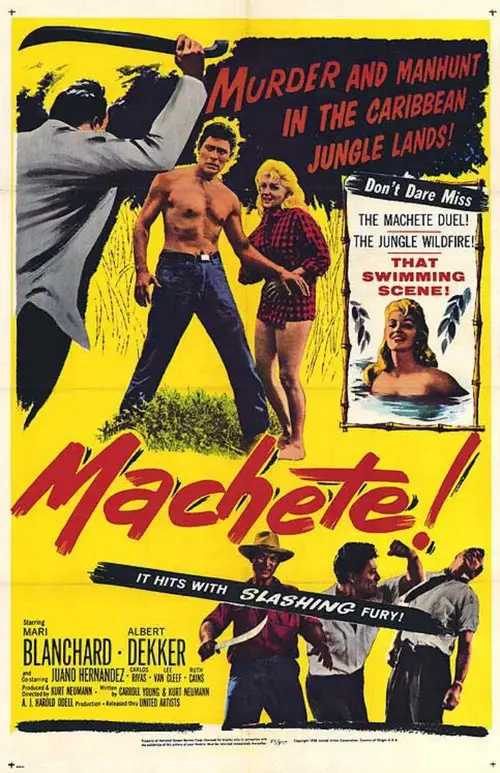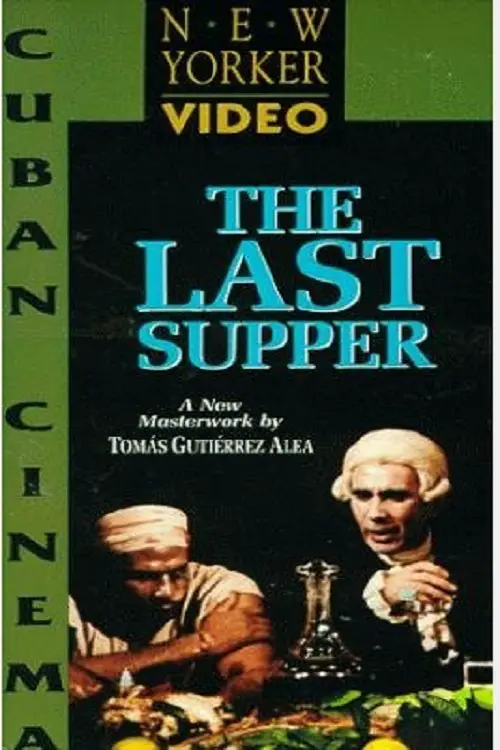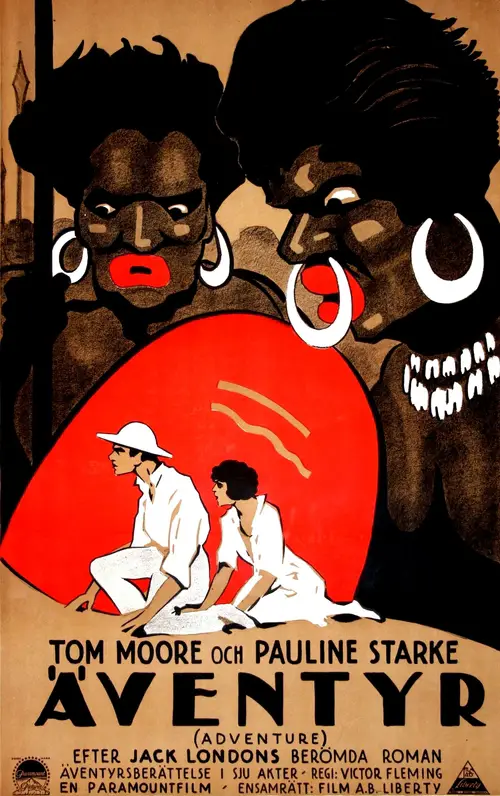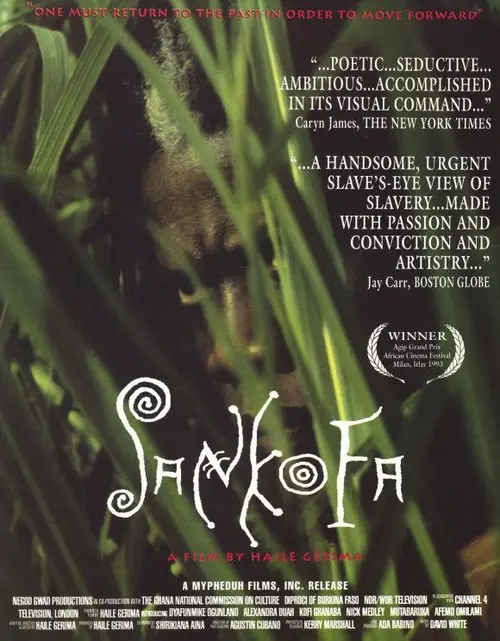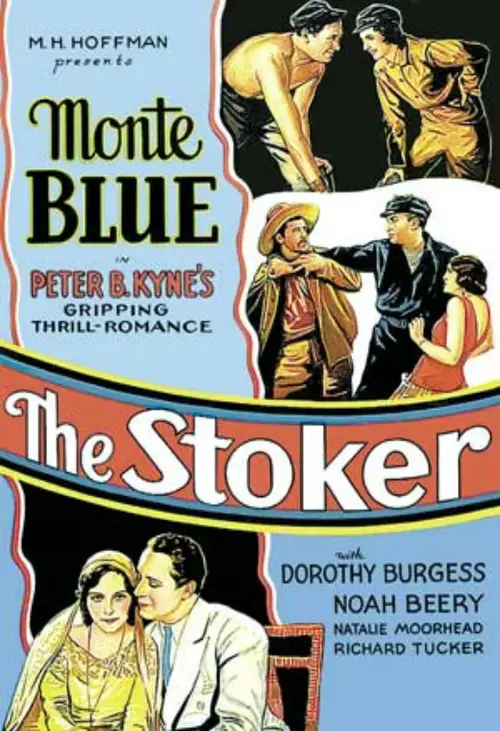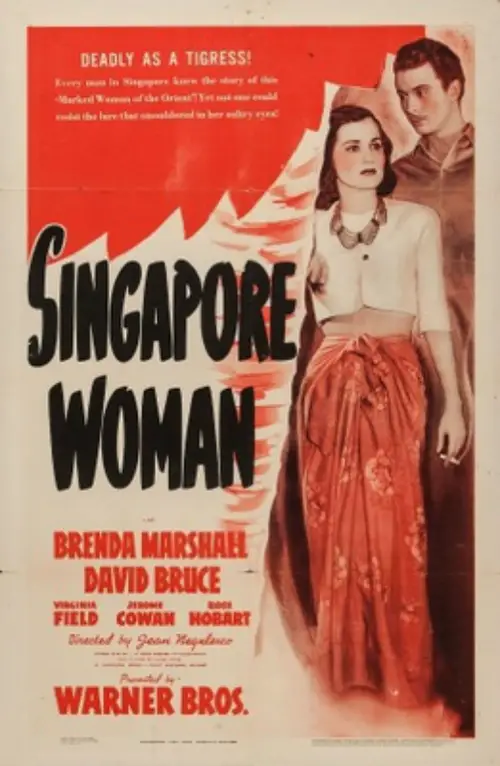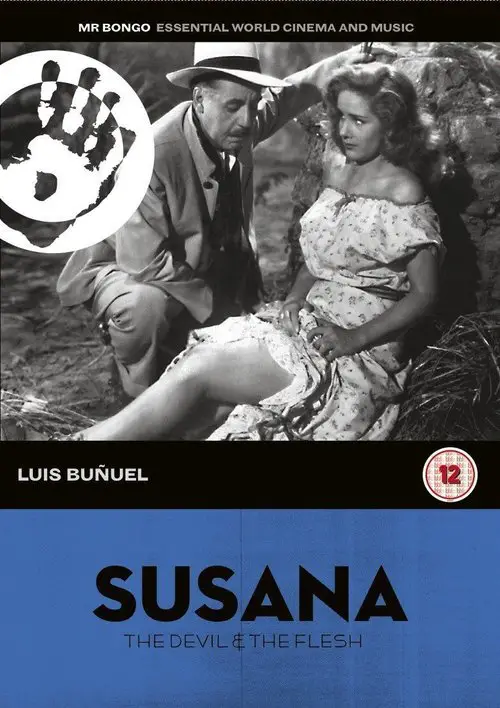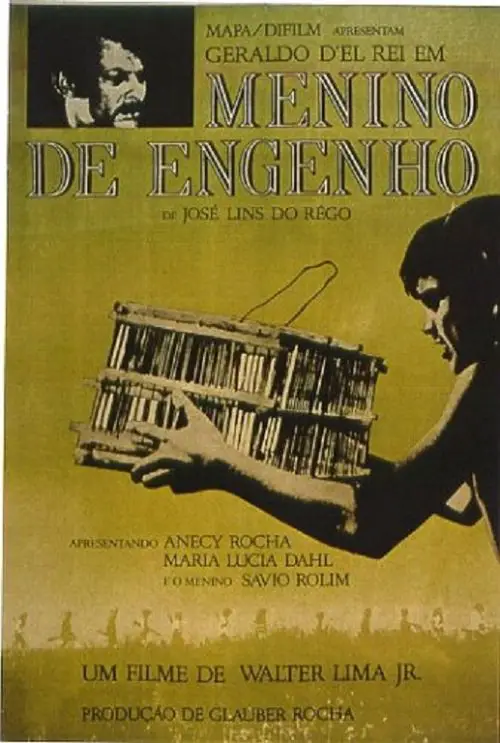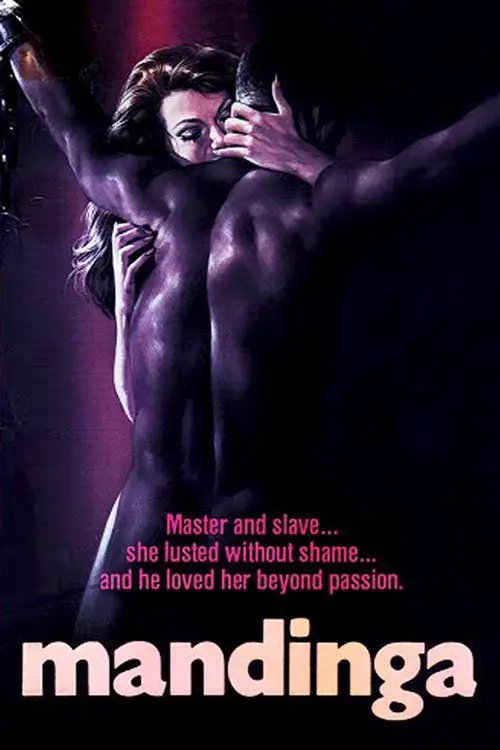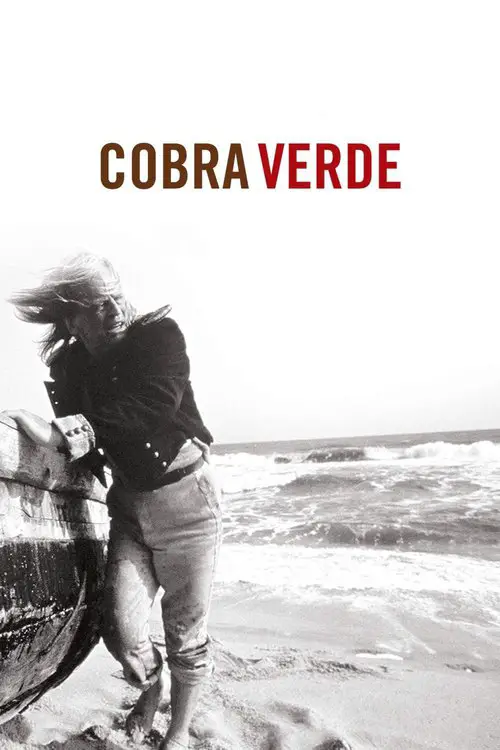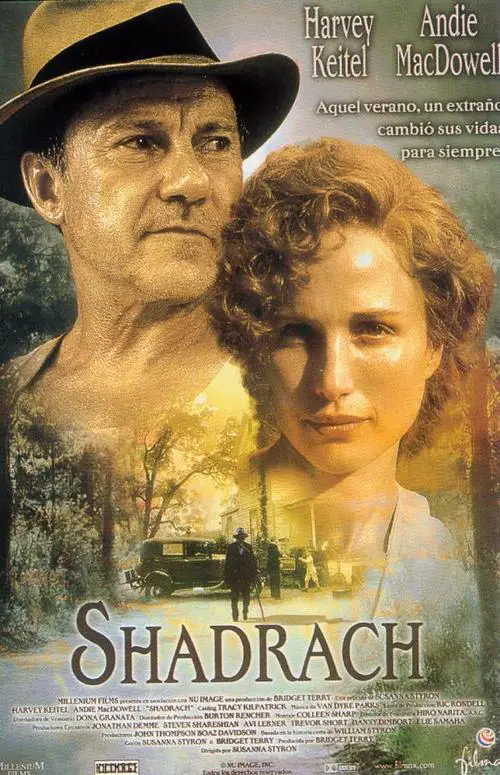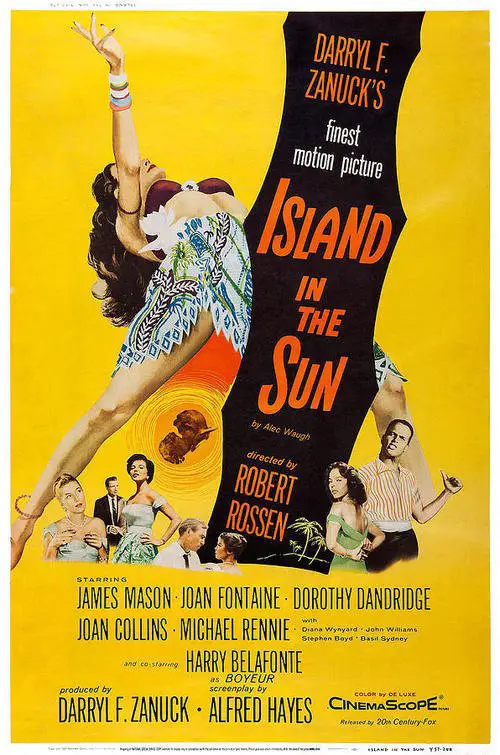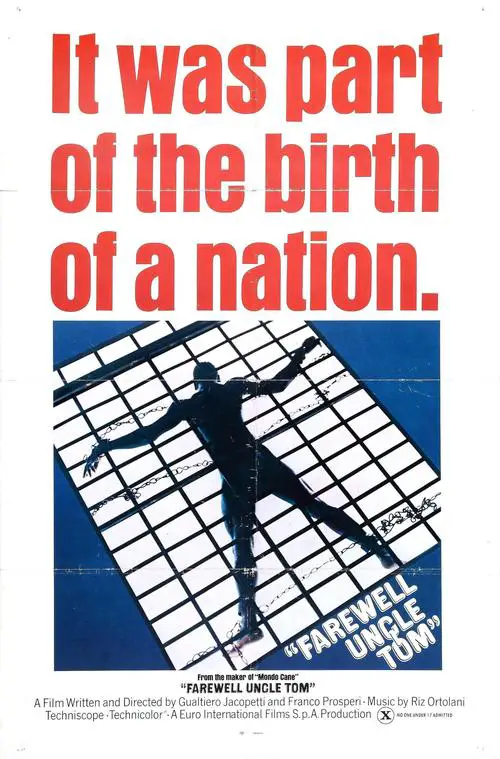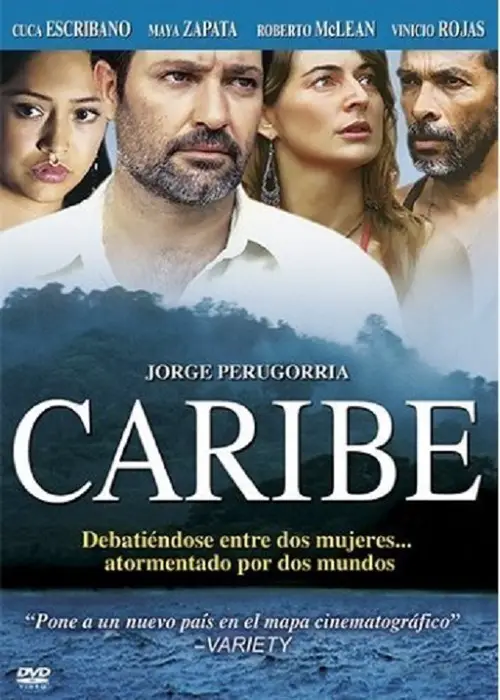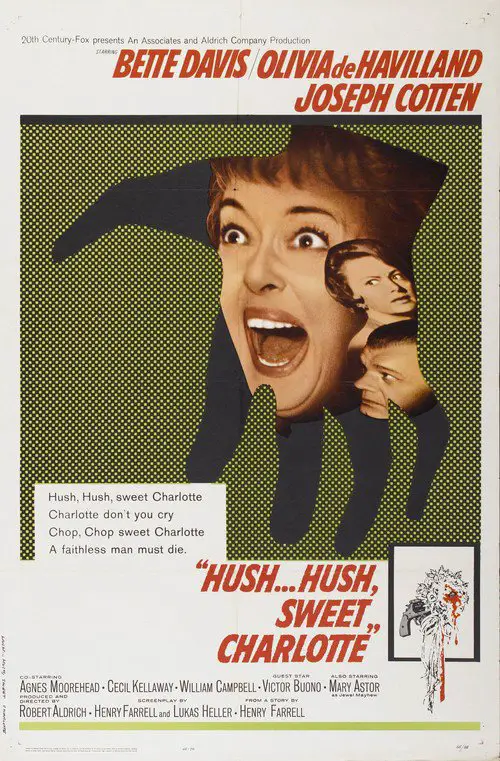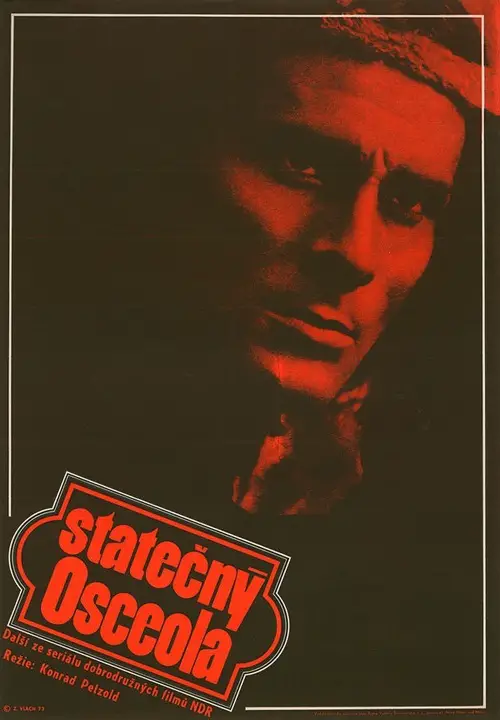Elephant Walk (1954)
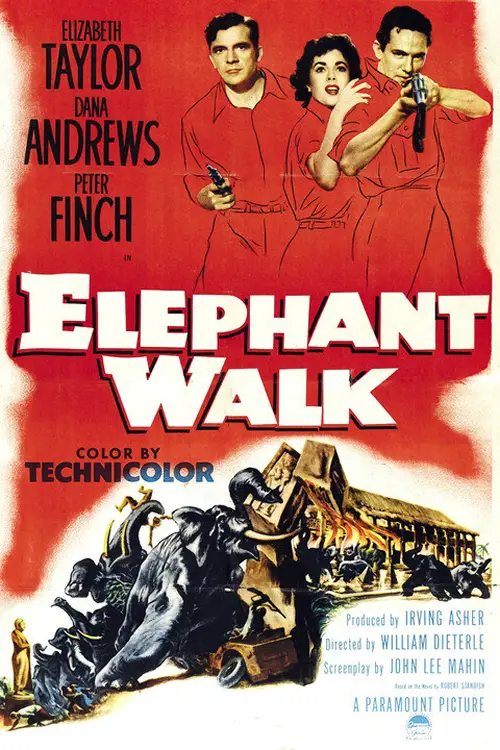
Similar movies
The story starts in the 1930's at one of the largest rubber-tree plantations in Indochine (Vietnam). This plantation is owned by the French colonist Eliane, a proud woman who lives with her father and her native adoptive daughter Camille. She doesn't have a husband or a man in her life (apart from her father), but gets to know the young officer Jean-Baptiste when both want to buy the same painting at an auction. They have a short affair, but then she refuses to see him again. In the meantime it's Camille who has fallen in love with Jean-Baptiste and Eliane knows it. She makes sure he's sent to one of the most desolate outposts on some remote island, making sure that the two will never see each other again. Camille has no choice, but to marry the man she was promised to, but in the meantime she starts a search to find the man she really loves.
Living in Kentucky prior to the Civil War, Amantha Starr is a privileged young woman. Her widower father, a wealthy plantation owner, dotes on her and he sends her to the best schools. When he dies suddenly however, Amantha's world is turned upside down. She learns that her father had been living on borrowed money and that her mother was actually a slave and her father's mistress. The plantation is to be sold to pay off her father's debts and as the daughter of slave, Amatha is also to be sold as property. She is bought by a Louisiana plantation owner, Hamish Bond and over time she grows to love him until she learns he was a slave-trader. She tries again to become part of white society but realizes that her future lies elsewhere.
After 14 years in the United States, Greg Dickson returns to his family's plantation in the Philippines to settle his slain father's estate. Boyhood friend Bart Rogers and his wife Cindy meet Greg's plane at Manila, but he dismisses their warnings about the marauding Huks, fanatic guerrillas who are plundering nearby plantations. They repulse a Huk attack on the way to the plantation and are met by Stephen Rogers, Bart's father and the village schoolteacher. With him is Philippine Army Major Balatbat who tells Greg that Kalak, leader of the Huks and murderer of Greg's father, is also after him.
Tells the story of Fisher Willow, the disliked 1920s Memphis débutante daughter of a plantation owner with a distaste for narrow-minded people and a penchant for shocking and insulting those around her. After returning from studies overseas, Fisher falls in love with Jimmy, the down-and-out son of an alcoholic father and an insane mother who works at a store on her family's plantation.
Phaen is a suburban young man with a great love for music. He never misses a chance to show off his voice at temple fairs in his village. It is at one of the fairs that he meets and falls in love with Sadao. On their wedding day, Phaen gives Sadao a transistor radio that the new family loves, and it also gives Phaen many a daydream of becoming a famous singer himself. Soon, Sadao is pregnant and it is hard for Phaen to leave home, but he has to enter military service. While there, he enters a singing contest, and winds up first runner-up. So he decides to leave the service and heads for Bangkok to follow his dream. He spends two years in a band that never goes anywhere, and eventually is forced to work in a sugarcane plantation. But a fight causes him to lose his job. As things go from bad to worse, he recalls his transistor radio with fondness, for it evokes in his mind much better and more peaceful times, when dreams were still possible. Written by
In 1690, years have passed since Captain Blood was pardoned by the Crown for his daring deeds against the Spanish on the Spanish Main, and he is living quietly on his plantation in the West Indies, practicing medicine and planning his marriage to Isabella. But his peaceful existence is shattered when Hilary Evans arrives and arrests him on a piracy charge. Somebody has been raiding the islands, and making it appear it was Captain Blood. In order to prove his innocence, Captain Blood has to sail again under the "Jolly Roger."
Savannah is the true story of Ward Allen, a romantic and bombastic character who rejects his plantation heritage for the freedom of life on a river. Ward navigates the change of early 20th century America on the wrong side of the law and society, his long-time friend, a freed slave named Christmas Moultrie, at his side. Master of Shakespeare, and the shotgun that provides Savannah's markets with fowl, Ward fights for his rights as a hunter. His charisma and eloquent rhetoric win the heart of a society woman who defies her father to marry him. An elderly Moultrie tells the story of life on the river with his friend to a little boy, who passes the legendary Ward Allen down to the next generation.
The story of 16-year-old Riyo who journeys to Hawaii in 1918 to marry a man she has never met, except through photographs and letters they have exchanged. Hoping to escape a troubled past and to start anew, Riyo is bitterly disappointed upon her arrival: her husband is twice her age and Hawaii is not the paradise she expected. As Riyo comes to terms with her new home, she discovers a land full of hardship, struggle--and unexpected joy.
Bonnie, a nine-year-old single child, is part of a family of three living in the Netherlands. They have a love of elephants, passed on by Bonnie's grandfather's grandfather who worked on a game reserve in Africa, and Bonnie feels that she instinctively does things like an elephant as a result. Her single mother, Lis, is bi-polar and at times spends days on end without even getting out of bed. Then there are other times when she will manically do wild acts, such as impromptu dancing in public. As a result, Bonnie's sturdy and stable grandmother must hold the family together by doing all the cooking, etc. After her grandmother is killed by a car, Bonnie becomes the most responsible family member and struggles with preparing meals and getting her reluctant mother to take her medication. She also must dodge Jorien, a social worker who is attempting to place her in a foster home.
Maria is a White farmer who runs a failing coffee plantation in an unnamed African country in the present day. Civil war has broken out and rebel soldiers, many of them child soldiers, are advancing on the area. Rebels on the radio advocate attacks on emblems of colonialism. Maria's workers leave, but she refuses to abandon the plantation, and searches for men to finish harvesting of the coffee.
A down on his luck gambler links up with free spirit Elliot Gould at first to have some fun on, but then gets into debt when Gould takes an unscheduled trip to Tijuana. As a final act of desperation, he pawns most of his possessions and goes to Reno for the poker game of a lifetime. A film set mainly in casinos and races, as the two win and lose (but mainly win), get robbed, and get blind drunk.
Dennis Carson has lived in Indochina all his life, only leaving his rubber plantation for an occasional fling in Saigon. His new surveyor, Gary Willis, and his wife Barbara arrive just as Vantine, a prostitute who has been lying low at the plantation is leaving. Vantine is in love with Dennis, whom she calls "Fred," but he only thinks of her as a pleasant diversion. Dennis is annoyed that Gary has brought his wife. Barbara is shocked and contemptuous of Dennis until he nurses Gary back to health after an attack of malaria.
Julie is eager to make a start in the job market. But she finds herself taking a succession of soul-destroying jobs and tangling with a series of wildly unsuitable men. Taking part in a role-playing charade for a job interview, she meets a freewheeling young actor, who shows her another way to live life, outside the nine-to-five rut. The couple hit it off and head for an idyllic existence away from the system, only for reality to catch them unawares.
Set in the coffee fields of Colombia, Green Fires stars Stewart Granger and Grace Kelly. Granger plays emerald prospector Rian X. Mitchell, who intends to explore an old deserted mine despite the protests of his partner Vic Leonard Paul Douglas and the threat of death at the hands of local bandit El Moro Murvyn Vye. Ms. Kelly costars as Catherine Knowland, whose coffee plantation lies at the foot of the mine where Mitchell labors away. Such natural disasters as rain and flood, coupled with such man-made weapons of destruction as guns and dynamite, continually thwart Mitchell's search for riches.
In Africa early in World War II, a British rubber plantation executive reminisces about his arrival in the Congo in 1910. He tells the story of a love-hate triangle involving Harry Witzel, an in-country station superintendent who'd seen it all, Langford, a new manager sent from England for a four-year stint, and Tondelayo, a siren of great beauty who desires silk and baubles. Witzel is gruff and seasoned, certain that Langford won't be able to cut it. Langford responds with determination and anger, attracted to Tondelayo because of her beauty, her wiles, and to get at Witzel. Manipulation, jealousy, revenge, and responsibility play out as alliances within the triangle shift.
In the pre-Civil War United States, Solomon Northup, a free black man from upstate New York, is abducted and sold into slavery. Facing cruelty as well as unexpected kindnesses Solomon struggles not only to stay alive, but to retain his dignity. In the twelfth year of his unforgettable odyssey, Solomonâs chance meeting with a Canadian abolitionist will forever alter his life.
Paradesi is set in the late 1930s in a tea plantation run by British somewhere in Munnar. The people in a poor Tamil village are conned by a ruthless middleman or 'Kankani' to work in the plantation promising them decent wages. Little do these innocent people realize that they are going to be enslaved in a tea plantation as 'coolies' for the rest of their life. It is a double edged sword: Those who try to escape end up with their calf muscles cut off and those who reluctantly stay behind fall prey to deadly diseases and torture. In short there is no escape from the hell and they are destined to be slaves for life.
In December 1775, Cletus Moyer is a free black Northerner in colonial America, helping slaves escape captivity. In the days just prior to Christmas, a group of bounty hunters captures Moyer.
Because of his capture, dozens of slaves who have already left their plantations are in danger of being captured as well. Moyer implores two slaves from a nearby plantation to take his place: Kunta Kinte, a Mandinka in his mid-twenties who was captured in what is now Gambia, and Fiddler, an elderly man who was born into slavery. Kunta is eager to help (and to escape himself), but Fiddler is unwilling, fearful of the consequences if they are caught.
Texas writer Horton Foote's touching story set in 1902 features Robert Duvall as Sol, the hardened boss of a sugar plantation who unwittingly becomes a mentor to a young boy named Horace (Lukas Haas), who comes to Sol looking for a way to earn a living. Horace eventually learns, through his associations with Sol, Ben (James Earl Jones) and others, that life, though it isn't always fair or just, is worth rising for every day.
Charles Burnett directs this movie about John, a man of many talents, including one forbidden skill: he can read. When he teaches a young slave girl named Sarny to read and write, she learns an unforgettable lesson about the power of words and the true meaning of freedom. A wonderful movie about the power of literacy and the risk it took to educate slaves in the Ante-Bellum South before the heartbreak of the Civil War.
Two men separated by 100 years are united in their search for freedom. In 1856 a slave, Samuel Woodward and his family, escape from the Monroe Plantation near Richmond, Virginia. A secret network of ordinary people known as the Underground Railroad guide the family on their journey north to Canada. They are relentlessly pursued by the notorious slave hunter Plimpton. Hunted like a dog and haunted by the unthinkable suffering he and his forbears have endured, Samuel is forced to decide between revenge or freedom. 100 years earlier in 1748, John Newton the Captain of a slave trader sails from Africa with a cargo of slaves, bound for America. On board is Samuel's great grandfather whose survival is tied to the fate of Captain Newton. The voyage changes Newton's life forever and he creates a legacy that will inspire Samuel and the lives of millions for generations to come.
A young, idealistic man returns home to the plantation where he grew up in servitude. With him, he brings his fiance, Lutiebelle, in hopes of convincing the plantation owner that she is really his cousin in order to secure the family inheritance. To aid in the comic complications that follow are his family members Missy and Gitlow, and the plantation owners endearing (but ineffectual) son Charlie.
A regular day in a Louisiana sugarcane plantation changes course when a local white farmer is shot in self defense. A group of old, black men takes a courageous step by coming forward en masse to take responsibility for the killing of a white racist, whom one of their members has shot. As the sheriff confronts the suspects, the young plantation owner stands alone in her daring defense of this group of men, provoking racial tension that makes a compelling drama.
This 1959 film noir take on "Othello," filmed in Puerto Rico, stars Mari Blanchard as flirtatious Jean, who marries an older man, plantation owner Don Luis (Albert Dekker), for financial security and finds herself falling for his virile foster son, Carlos (Carlos Rivas). Fearing that Jean will inherit Luis's money, his greedy cousin, Miguel (Lee Van Cleef), poisons the bridegroom against his new wife, informing him about her passion for another.
David Sheldon owns a plantation in the Solomon Islands. Many of his field hands die of blackwater fever, and then he becomes sick himself. Joan Lackland, a female soldier of fortune, arrives by schooner in the islands. With the help of her Kanaka crew, she protects David from an attack by the natives who are led by Googomy. Joan nurses David back to health and becomes his business partner, protecting his mortgaged property from two avaricious moneylenders. Seeking vengeance, the moneylenders incite the natives to revolt.
Born on a sharecropping plantation in Northern Florida, Ray Charles went blind at seven. Inspired by a fiercely independent mom who insisted he make his own way, He found his calling and his gift behind a piano keyboard. Touring across the Southern musical circuit, the soulful singer gained a reputation and then exploded with worldwide fame when he pioneered couping gospel and country together.
A self-absorbed Black American fashion model on a photo shoot in Africa is spiritually transported back to a plantation in the West Indies where she experiences first-hand the physical and psychic horrors of chattel slavery, and eventually the redemptive power of community and rebellion as she becomes a member of a freedom-seeking Maroon colony.
In 1933, after leaving Dogville, Grace Margaret Mulligan sees a slave being punished at a cotton farm called Manderlay. Officially slavery is illegal and Grace stands up against the owners of the farm. She stays with some gangsters in Manderlay and tries to influence the situation. But when harvest time comes Grace sees the social and economic reality of Manderlay.
A three-paneled look at the worldwide AIDS crisis: in Montreal, a porn actor (Ashmore) schemes to pass his mandatory blood test; a young nun (Sevigny) makes a personal sacrifice for the benefit of a South African village; in rural China, a black market operative (Liu) posing as a goverment-sanctioned blood drawer jeopardizes an entire village's safety
Set on a fictitious island in the Carribean during colonial British rule. It focuses on the life of a young charismatic and handsome black male with political aspirations. He finds himself confused on returning home when his romantic liaison with a white female tends to conflict with his political views. As rumor has it an interracial screen kiss caused quite a commotion in the U.S. when the film was released. The plot is further strengthened by a look at the lives of a white ex-pat family also living on the island. The family has to deal with problems of infidelity, racism and murder.
Passion: of people for the land and sea, of corporations for riches, and of men and women for each other. Vicente and Abigail run a banana plantation in Limon Province, on the Caribbean coast of Costa Rica. Abigail's half-sister Irene, about whom Abigail knew nothing, comes to introduce herself. She is 21 and beautiful. Meanwhile, banana prices fall, threatening the plantation's finances. An oil company works with the government to get off-shore drilling rights, over local objection. Vicente is at the center of each cross-current. Will he fall for Irene, can he save the plantation, will he sell out to corporate offers? What of the coast: can its beauty be saved?
Florida, 1830 - Of all eastern Native American tribes, only the Seminoles have resisted being moved to reservations. Having retreated to Florida, they live a simple horticultural life. But white plantation owners, angry at the increasing numbers of black slaves fleeing to Seminole protection, want to take their land. Plantation owner Raynes, in particular, has convinced the military to wipe out the Seminoles. His rival Moore, a sawmill owner from the North who has a Seminole wife, is against slavery and considers it unprofitable. Chief Osceola sees the coming danger; he tries to avoid provoking the whites, but cannot prevent the war that breaks out in 1835.
© Valossa 2015–2026
| Privacy Policy
